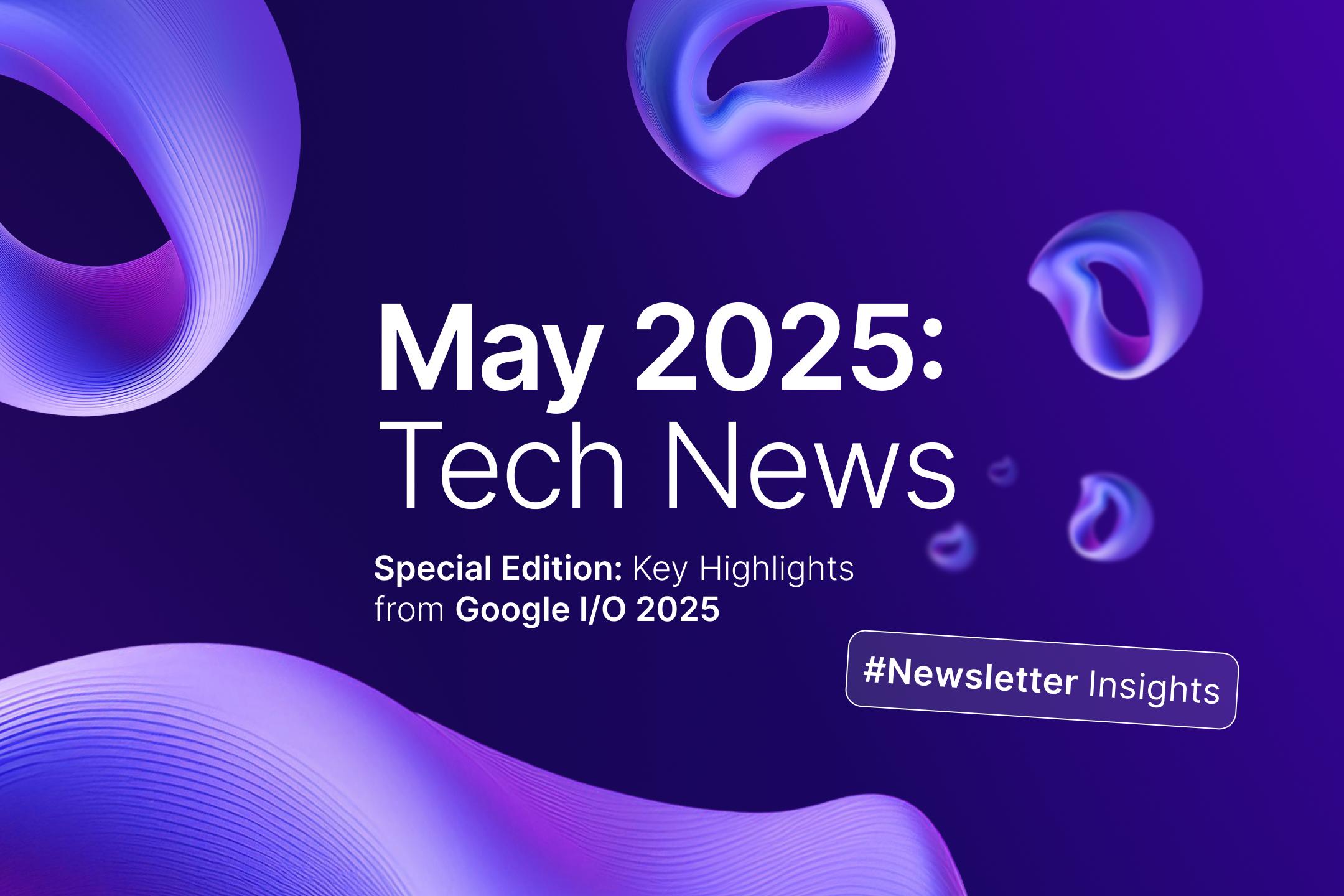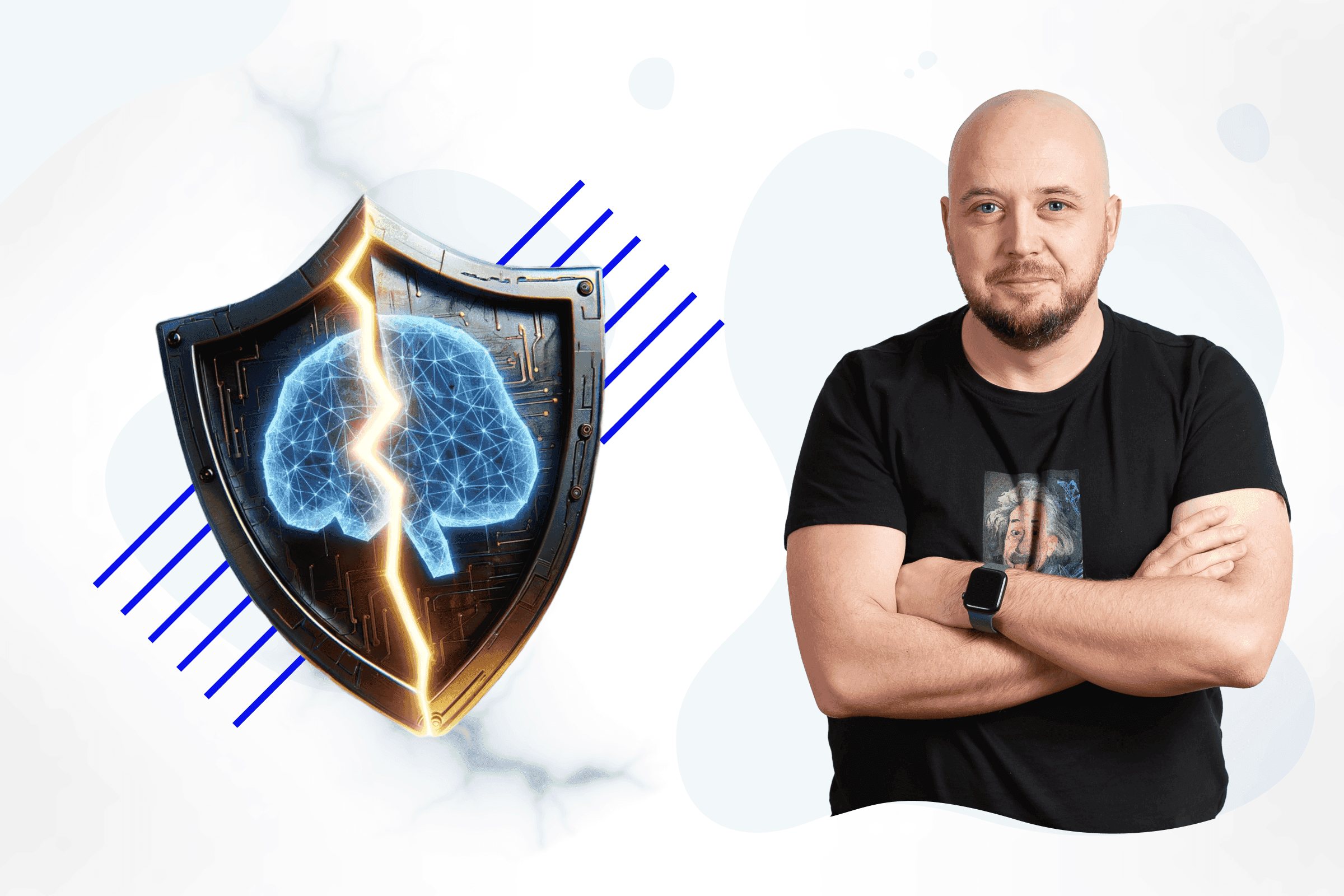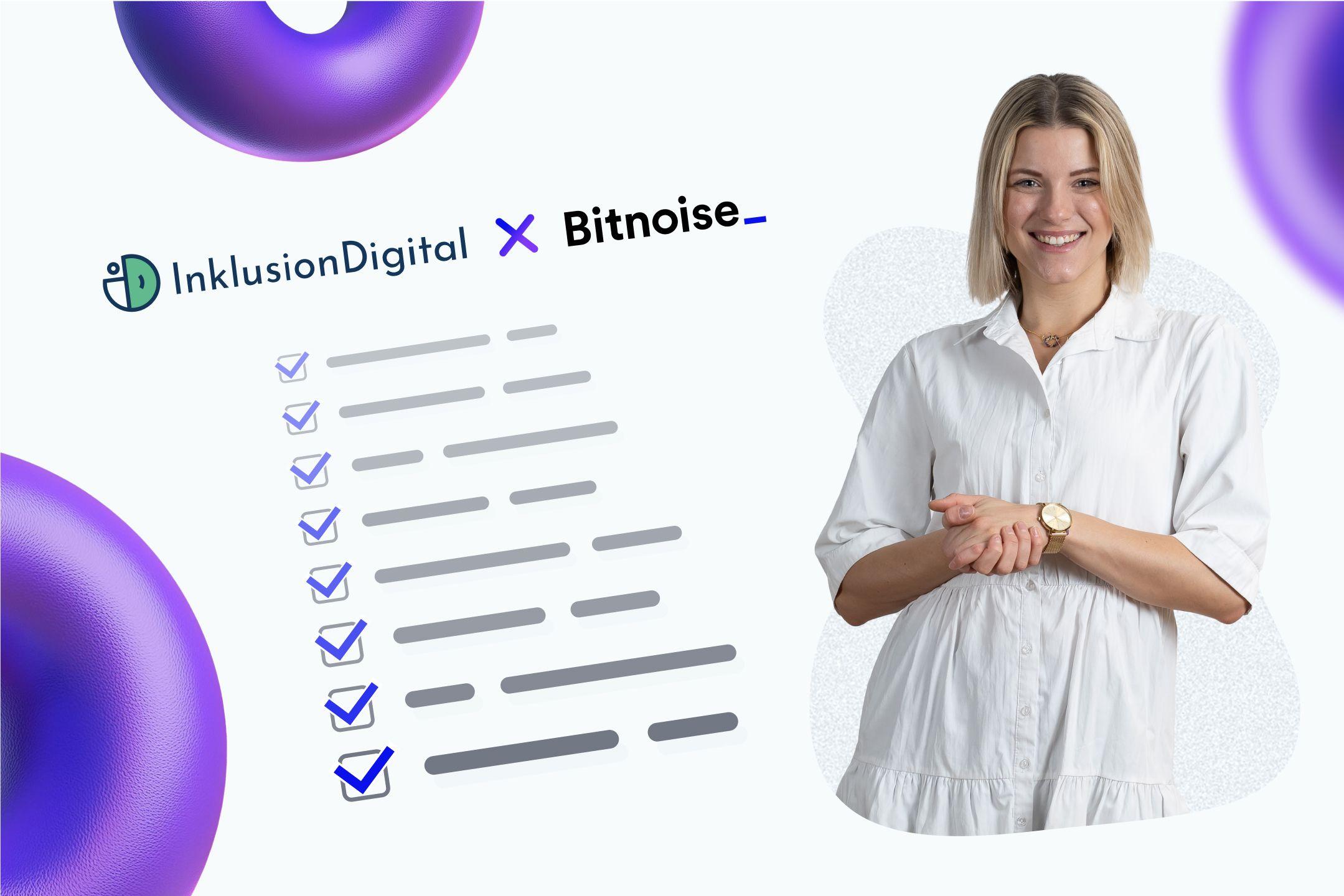
Google I/O 2025: Innovations That Will Shape the Year Ahead
For this month’s newsletter edition, we’ve decided to do something a little different. With all eyes on Google I/O 2025, we’ve put together a curated overview of what we believe are the most exciting and impactful announcements from the event.
What Is Google I/O and Why It Matters
Google I/O (Input/Output) is the tech giant’s annual developer conference – an event where Google reveals its latest innovations across software, hardware, and AI. Held each spring in California, I/O is more than a product showcase; it’s a strategic preview of the technologies that will shape the next year of digital life.
From groundbreaking AI advancements and Android updates to tools for developers and creators, Google I/O sets the tone for the tech ecosystem. Whether you’re in product development, marketing, or IT, what’s announced here often signals major shifts in how we work, communicate, and create.
This year’s I/O 2025 event brought a wave of next-gen AI tools, developer platforms, and surprising hardware – many of which are already rolling out.
Here’s our take on the most important and exciting announcements from Google I/O.
Google Beam: 3D Video Calling Without a Headset
Google Beam, the next phase of Project Starline, is an AI-powered video calling system that creates real-time 3D representations of people using multiple cameras and depth sensors. Unlike traditional video calls, Beam enables more natural face-to-face interaction with realistic depth and eye contact – without the need for headsets or special glasses. It’s currently being piloted in office environments for more immersive remote meetings.
Stitch: AI Tool for UI Design and Front-End Code
Stitch is a Google AI tool that turns text prompts or sketches into ready-to-use UI designs and front-end code. It supports quick prototyping, generates multiple layout variations, and allows direct export to Figma or HTML/CSS. It is now available in public beta via Google Labs.
Android XR Glasses: Gemini-Powered Smart Eyewear
Android XR Glasses are connected smart glasses that use the Android XR platform and Gemini AI to provide hands-free, context-aware assistance. Equipped with cameras, microphones, and an optional display, they offer features like real-time translation with subtitles, navigation overlays, messaging, and photo capture. Devices are expected later in 2025 through partnerships with Samsung, Xreal, Gentle Monster, and Warby Parker.
Google Try-On: Personalized Virtual Fitting
Google Try-On is a Search Labs feature that lets users upload a full-length photo of themselves to virtually try on clothing items directly within Google Shopping or Search. It replaces static model previews with AI-generated overlays that mimic how garments would drape and fit on your actual body. Currently available in the U.S., it’s part of Google’s effort to reduce online returns and improve shopping accuracy.
AI Enhancements Across Gmail, Meet, Vids & Docs
Google Workspace now integrates Gemini-powered AI features into core apps – Gmail, Meet, Google Vids, and Docs – to streamline everyday workflows and save time.
-
Gmail: AI-assisted smart replies pull in context from your inbox and Drive to match your tone, handle inbox cleanup, and suggest meeting times.
-
Google Meet: Real-time speech translation preserves your voice and expression in English and Spanish (currently in beta), improving multilingual conversations.
-
Google Vids: Turns Slides into videos with Gemini-generated scripts, voiceovers, and animations. Includes tools to trim filler words and balance audio.
-
Google Docs: New writing assistance links your files as trusted sources for content generation, improving relevance and accuracy.
Veo 3: Next-Gen AI Video with Audio Integration
Veo 3 is Google’s latest text-to-video model. It generates short video clips – including motion, dialogue, ambient sounds, and music – based on text prompts or images. It improves on previous versions with better realism, motion quality, and audio integration.
Lyria: DeepMind’s AI Music Composition Model
Lyria is a music generation model developed by Google DeepMind. It produces high-quality instrumental and vocal tracks from text prompts. The latest version, Lyria 2, supports real-time control over musical elements like style, tempo, and mood.
MedGemma: AI Models for Medical Research
MedGemma is a set of AI tools from Google designed to support medical research. One model can analyze both medical images – like X-rays or lab slides – and related text, while another focuses on understanding and summarizing complex medical documents. These models are freely available for researchers but are not validated for clinical use.
Google I/O 2025 makes one thing clear: AI is no longer an add-on – it’s becoming the core of how we interact with technology. From deeply integrated assistants in everyday tools to AI-driven creativity and communication, Google is positioning its ecosystem around context-aware, multimodal intelligence. For developers, businesses, and users alike, the message is clear: the future will be more intuitive, automated, and personalized than ever before.


